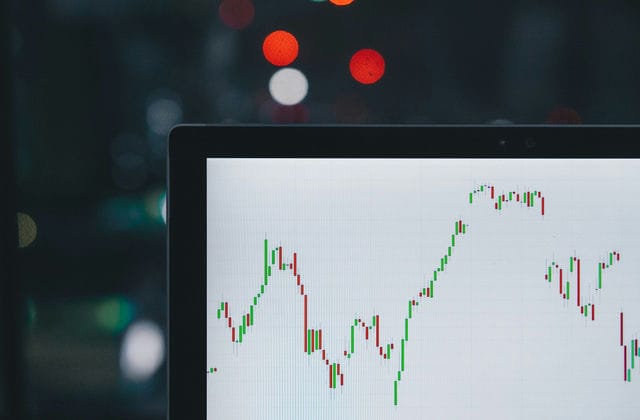Meaning of the money market
The money market is a market in which financial assets with a maturity of less than one year are traded. The main function of this market is to maintain the liquidity of financial assets so that they can be readily converted into negotiable currency. It exists, on the one hand, to meet the short-term funding needs of borrowers and, on the other, to find outlets for temporarily idle funds.

Characteristics of the money market
The money market is characterized by low risk and low return. Short maturities and high liquidity. The volume of transactions is high.
The money market generally refers to the market for the purchase and sale of short-term credit instruments such as treasury bills, commercial papers, bankers' acceptances, negotiable time deposits and repurchase agreements. The market is characterized by short maturities, high liquidity and low risk, and is referred to as "quasi-money" because it is placed after cash money and deposit money in the hierarchy of the money supply. An efficient money market is one that has the breadth, depth and resilience to attract a wide range of investors and speculators, with high market capacity, rapid information flow, low transaction costs and active and continuous trading. The money market consists of six sub-markets: the interbank lending market, the bills market, the large negotiable time deposit market (CD market), the treasury bills market, the consumer credit market and the repurchase agreement market.

Classification of the money market
The money market includes the interbank lending market, the bills market, the interbank bond repo market and the treasury bill market. The scope of commercial banks' activities in the financial markets includes the interbank lending market, the securities market and the derivative financial market. Notes have characteristics such as uncaused debt securities, encumbered securities, demand securities and return securities.





























